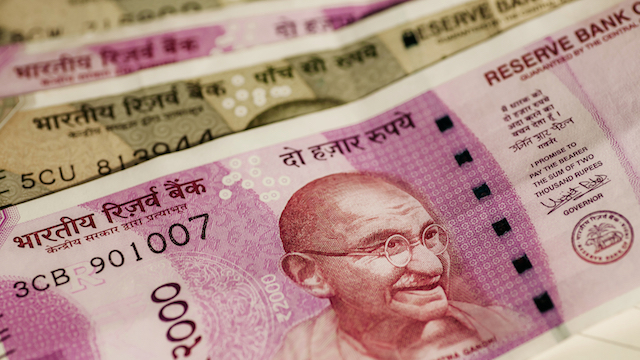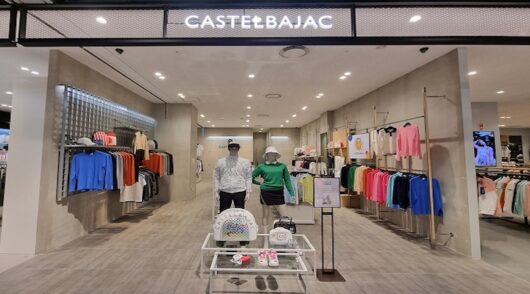India’s government has recently announced relaxations on single-brand retail’s FDI investments.
The new FDI rules reflect the government’s effort to encourage investments and create employment opportunities over the next five years, says GlobalData, a data and analytics company.
According to GlobalData, the Indian retail sector is expected to grow at a compound annual growth rate (CAGR) of 10.4 per cent between last year and 2022. During the same period, the physical as well as online channels are expected to grow at CAGRs of 9.7 per cent and 29.4 per cent, respectively.
Suresh Sunkara, retail analyst at GlobalData, says the latest policy has eased the norms that permit 30-per-cent local sourcing by brands on an average over a five year block, rather than in a single year. “This can also be seen as a move by the ministry to exploit the ongoing trade tensions between China and the US, and attract investments into India by creating a business friendly environment.”
All the procurement done by a brand will be considered under the 30-per-cent clause, whether or not the goods procured are sold in India or exported. In addition, procurement done by group entities for the brand (including global operations) is considered within the 30-per-cent clause, favouring the retailers.
In addition to that, foreign single-brand retailers can now launch their online operations within the country without a physical presence. However, they are required to open a brick and mortar store within two years of the launch of online operations.
Within hours of the news, Apple announced to launch its online operations in India before its first physical store in the country in 2020. Prior to that, Apple was selling only through physical and online partners, and had to pay a 20 per cent import tariff, making Apple products expensive for Indian customers.
Sunkara concludes: “Under the new rules, Apple can enhance its production capabilities in the country and focus on the untapped Indian market by directly selling and regulating the prices of its products. Other retailers such as H&M and Ikea, which have been sourcing from India for decades now (including their global operations) can leverage the positives of the new rules and steer their retail operations in the country.”






